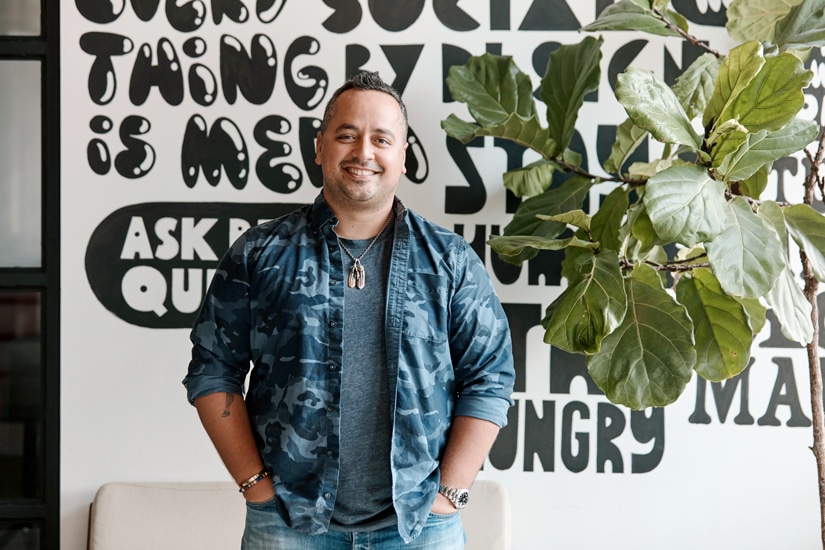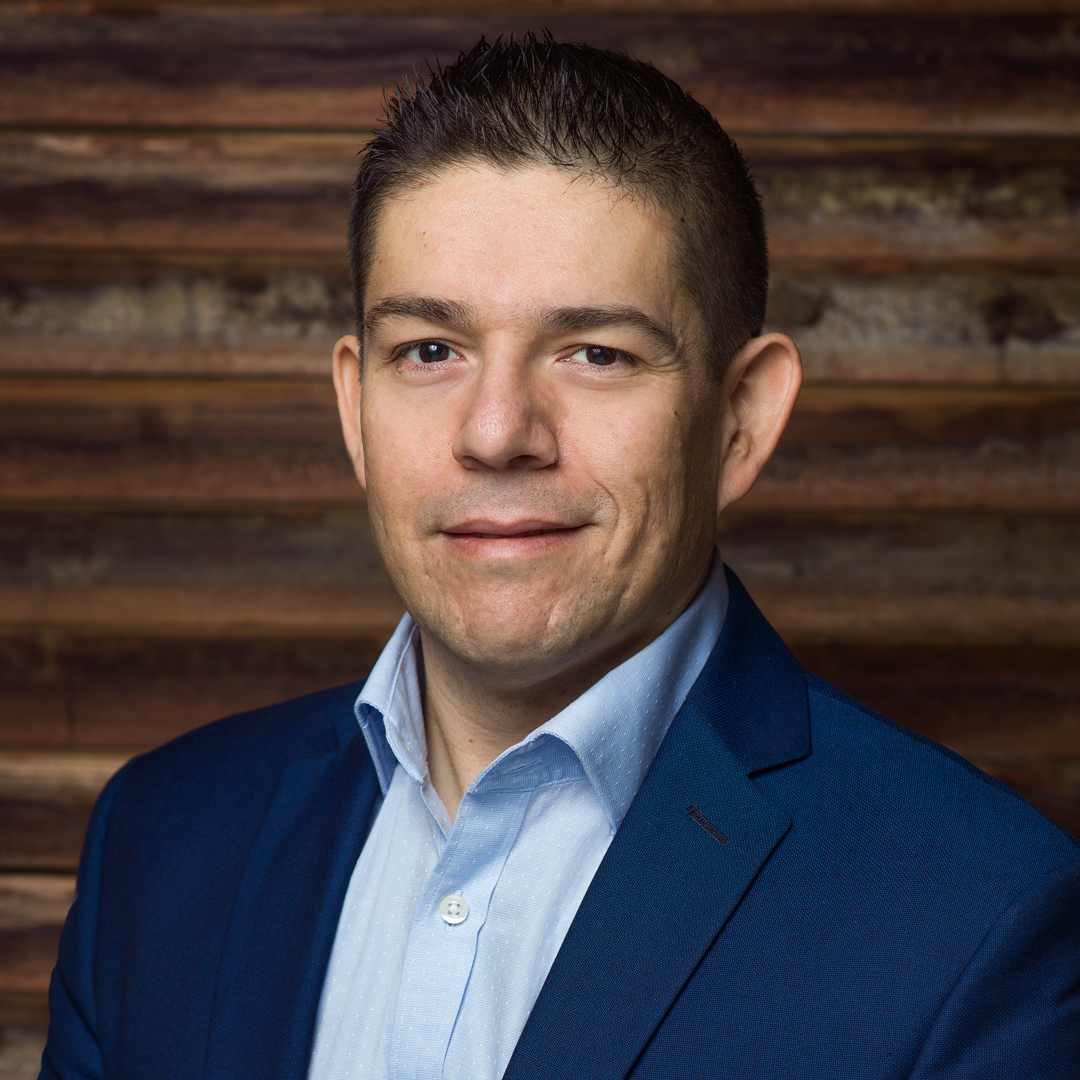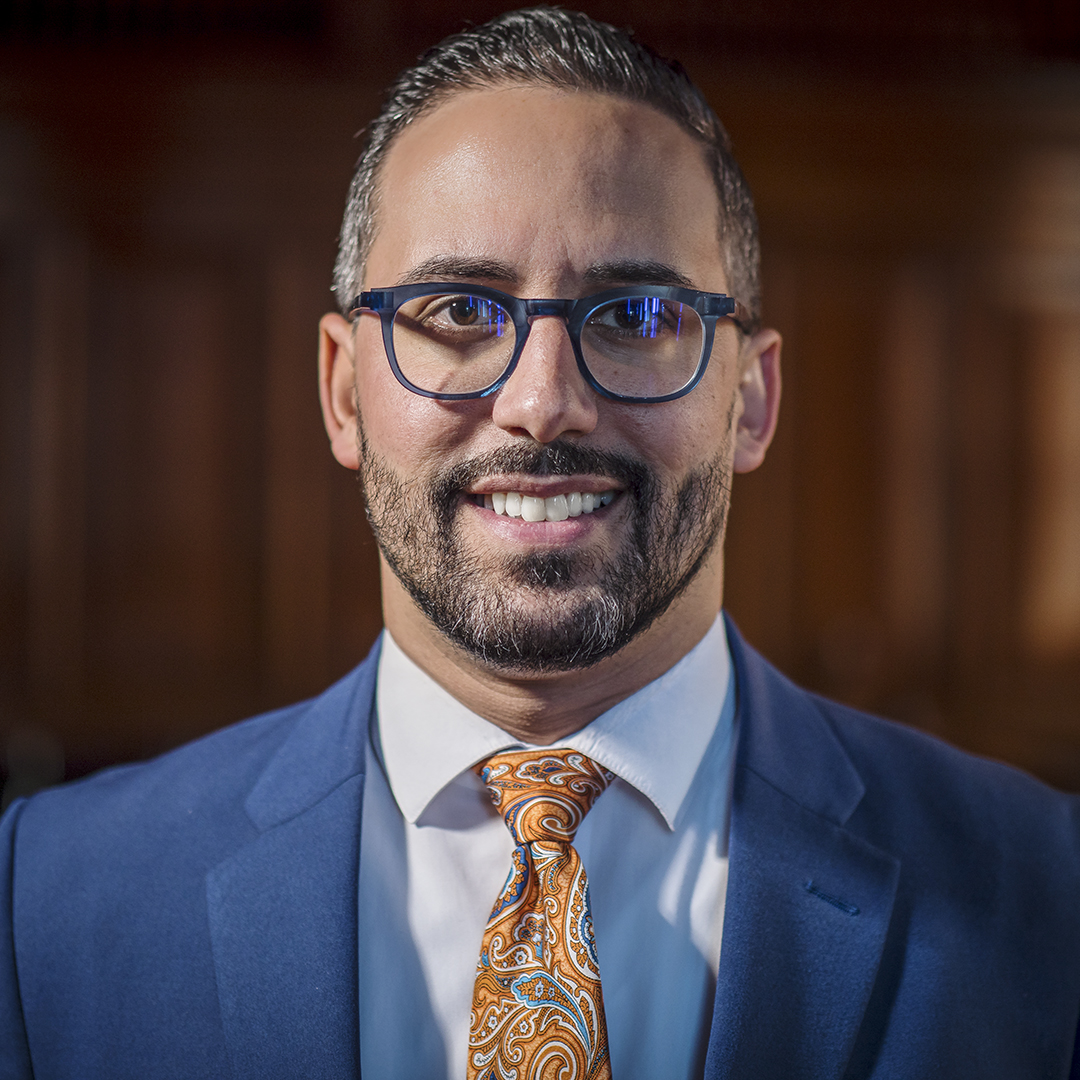|
Getting your Trinity Audio player ready...
|
Franke Rodriguez remembers the teacher who first sparked his curiosity and ambition: Mr. Brandt, whom he compares to Jaime Escalante, the famous educator who inspired the main character in Stand and Deliver. Rodriguez’ other role models were his parents, first-generation Puerto Ricans in New York, who also instilled a drive for greatness—specifically encouraging him to get the best education toward the best job and the most successful future for his family. So that is exactly what Rodriguez set out to do.
He got into Columbia University, but while there he realized he had little interest in the fields he was brought up to believe were the most prestigious and lucrative—becoming a doctor or a lawyer—and he wasn’t particularly adept at them either. So he chose economics as his major and worked a few jobs and internships in the financial sector. When Rodriguez was a junior, a visiting alumnus presented his work in fintech engineering. Rodriguez waited until after the presentation to ask about the job and life after graduation, and the former student replied, “The truth? I hate my job, but I love the money.”
“I thought, ‘Oh my God, this is where I’m headed: studying something I don’t enjoy, pursuing something I’m not passionate about,’” Rodriguez recalls. “I needed to hit the pause button and take a break, so I withdrew from Columbia. For the next year I was chasing my passion, writing music and performing in a hip-hop jazz band—but I still needed to pay rent.”
So he opened the classifieds and found his first marketing job, very quickly becoming enthralled with the field. Rodriguez says marketing offers a unique intersection of creativity, human behavior, technology, problem-solving, and business that is thrilling and challenging. At that point, Rodriguez knew exactly where he belonged. He returned to Columbia, finished his degree, and set out on an agency career.
After spending the first five years of his career at FCB and then Digitas, a recruiter called him in 2007 about a new company, Anomaly, that was disrupting the agency model. At that particular time, Rodriguez had just gotten married, bought a new house, and he and his wife were expecting their first child—it wasn’t a great time for another significant change. Still, Rodriguez agreed to meet with Anomaly’s founding partner and CEO Carl Johnson, and by the end of their “not-an-interview” conversation, he knew he needed to work for Anomaly, where he could challenge himself and climb to new heights.

Rodriguez says that Anomaly’s name remains its greatest creative coup. “By definition, it’s a departure from the common order,” he says. “We have a strong and differentiated point of view, and we’ve designed every part of our company to deliver against that proposition.” That intention resonates through the company’s culture and new business approach. Other agencies, Rodriguez explains, tend to sell their product—whatever output they are set up to create—as the solution to the client’s problem, regardless of the fit—as in the adage, to a man with a hammer every problem is a nail.
“We’re really selective about the type of new business we pursue. Above all, we look for a shared ambition and an alignment of values. Then we go hard at determining what we genuinely believe will solve that client’s business problem and we recommend that as the solution.” he explains. “In a few cases, we’ve come back and recommended things that sit outside our core expertise—like the very first branded mobile game, which we developed for Captain Morgan.”
As marketing continues to mature and add specializations, and as the agency landscape continues to get more competitive, more and more agencies will make exaggerated claims, he warns.
“Our internal challenge is to permanently stay in beta, and make sure we’re constantly expanding our capabilities and our offering—always building around world-class talent—and then actually go further, faster to deliver it.”
“Many agencies profess to do everything. It’s sort of a great race to the middle,” he says. “Our internal challenge is to permanently stay in beta, and make sure we’re constantly expanding our capabilities and our offering—always building around world-class talent—and then actually go further, faster to deliver it.”
The company prides itself on pitching in a unique way: quite often proving to prospective clients that advertising alone will not solve the business problem, and instead delivering a holistic proposal for the totality of the client’s business. Its best clients respond to this ambition in kind, and both companies advance and succeed together.
As Anomaly has grown—from one office in 2004 to seven in six countries in 2019—one of the biggest challenges has been protecting the definitive characteristics that drove its early successes. Rodriguez lists a few of them:
- Stay humble, stay hungry
- Always do what you say you will
- Allow great ideas to come from anywhere
- Never allow ego to get in the way
- Never get complacent
- Never lie
One reason Anomaly continues to succeed is that it is a values-based agency that embraces and champions these values above all, whereas many other agencies simply espouse the rhetoric. To ensure the values permeate its culture continuously, the company employs a number of programs and platforms. For example, DNA is a live lecture series and video library (“think TED Talks for Anomaly employees,” Rodriguez says) that turns professional insights and global case studies into shareable content. Through DNA, Anomaly is curating a global canon of knowledge, with a variety of content, to accelerate immersion into the company for new employees and to teach long-time employees new skill sets.
Additionally, brand teams are combined into cross-functional supergroups to form “mini agencies” inside of Anomaly. Those teams report into passionate leaders who love and grow with Anomaly—an important trait for perpetuating the company’s mission, vision, and values to all employees. That structure, Rodriguez says, reproduces the spark and spirit that started with a small founder-led company across a now big and successful global operation. That spark also keeps the organization—and Rodriguez—versatile, humble, and disciplined while the industry evolves.
When asked about the biggest driver of the company’s success, he says, “It’s very simple. At Anomaly, we do what we say. We may not be perfect, but we’re clear about who we are and what we stand for, and we deliver on that consistently. No exceptions. Talent, culture, and ambition drive everything for us, and we’re fortunate to continually find clients who share our perspective.”

